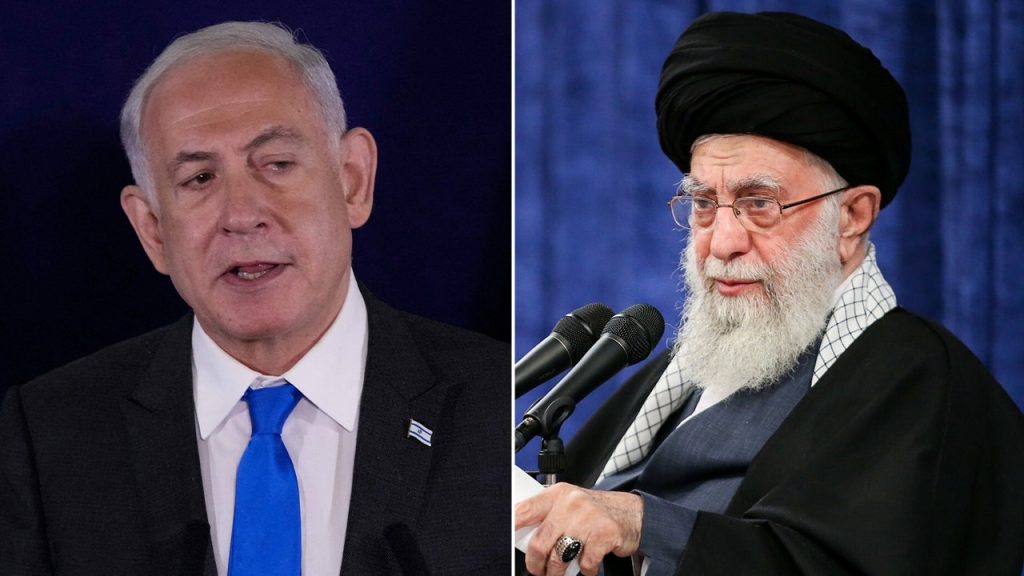Iran’s United Nations mission in New York issued a statement offering Israel a way to prevent further escalation if it considers the conflict concluded. Iran claimed that its military action in response to Israel’s aggression against its diplomatic premises in Damascus was conducted under the strength of Article 51 of the UN Charter, which pertains to legitimate defense. The statement warned that if Israel were to make another mistake, Iran’s response would be considerably more severe, and emphasized that the conflict is between Iran and the “rogue Israeli regime” and that the U.S. should stay away from it. Iran launched three waves of projectiles at Israel in response to an attack on its consulate in Damascus, which many attributed to Israel. No Israeli official took credit for the strike, but Iran’s response was seen as a signal of its willingness to defend itself against further aggression.
Article 51 of the UN Charter allows for individual or collective self-defense if there is an armed attack against a member state. Iran has a history of not adhering to diplomatic protection of embassies and consulates, particularly in relation to the U.S. and Israel. Iran and its ally, Hezbollah in Lebanon, have been blamed for past terrorist attacks against U.S. interests, including the 1983 bombing of the U.S. Embassy in Beirut and the attack on the multinational force barracks in Lebanon. Most recently, an Argentine court found Iran and Hezbollah responsible for bombings on the Israeli embassy and the AMIA in 1994. Iran’s actions in the past, such as the Iran Hostage Crisis in 1979, have impacted international relations and played a role in significant events, such as the U.S. presidential election in 1980.
Russia’s ambassador to the UN tabled a motion to condemn Israel for the Damascus strike, but the U.S., Britain, and France opposed the statement and prevented its adoption, citing unclear facts and lack of consensus among members. Russia and Iran criticized the Security Council for failing to adopt the statement, with Russian Foreign Minister Sergey Lavrov calling it a “political killing.” The ongoing tensions in the region highlight the complex relationships and dynamics at play, with various actors asserting their positions and interests. The actions and responses of Iran, Israel, and other countries involved are shaping the narrative and setting the stage for potential future conflicts or resolutions.
Overall, the situation between Iran, Israel, and other actors in the region remains tense and volatile. Iran’s recent actions in response to perceived provocations from Israel illustrate its commitment to defending its interests and countering aggression. The history of past attacks and incidents involving Iran and its allies, such as Hezbollah, adds complexity to the current situation and raises concerns about the potential for further violence. The involvement of major powers like Russia and the United States in the diplomatic wrangling at the UN further complicates efforts to address and resolve the underlying issues fueling the conflict. Moving forward, efforts to de-escalate tensions and promote dialogue and cooperation will be crucial in preventing further violence and instability in the region.
As the international community grapples with the implications of Iran’s recent actions and the broader context of conflict in the Middle East, finding a path towards peace and stability becomes increasingly challenging. The history of terrorist attacks, diplomatic incidents, and military confrontations involving Iran and its allies underscores the long-standing animosities and rivalries that continue to shape the region’s dynamics. The role of major powers like the U.S., Russia, and others in either exacerbating or mitigating these tensions further complicates efforts to find a resolution. The stakes are high, and the potential for further escalation remains a significant concern, underscoring the urgent need for diplomatic solutions and international cooperation to prevent a descent into deadly conflict and chaos.


